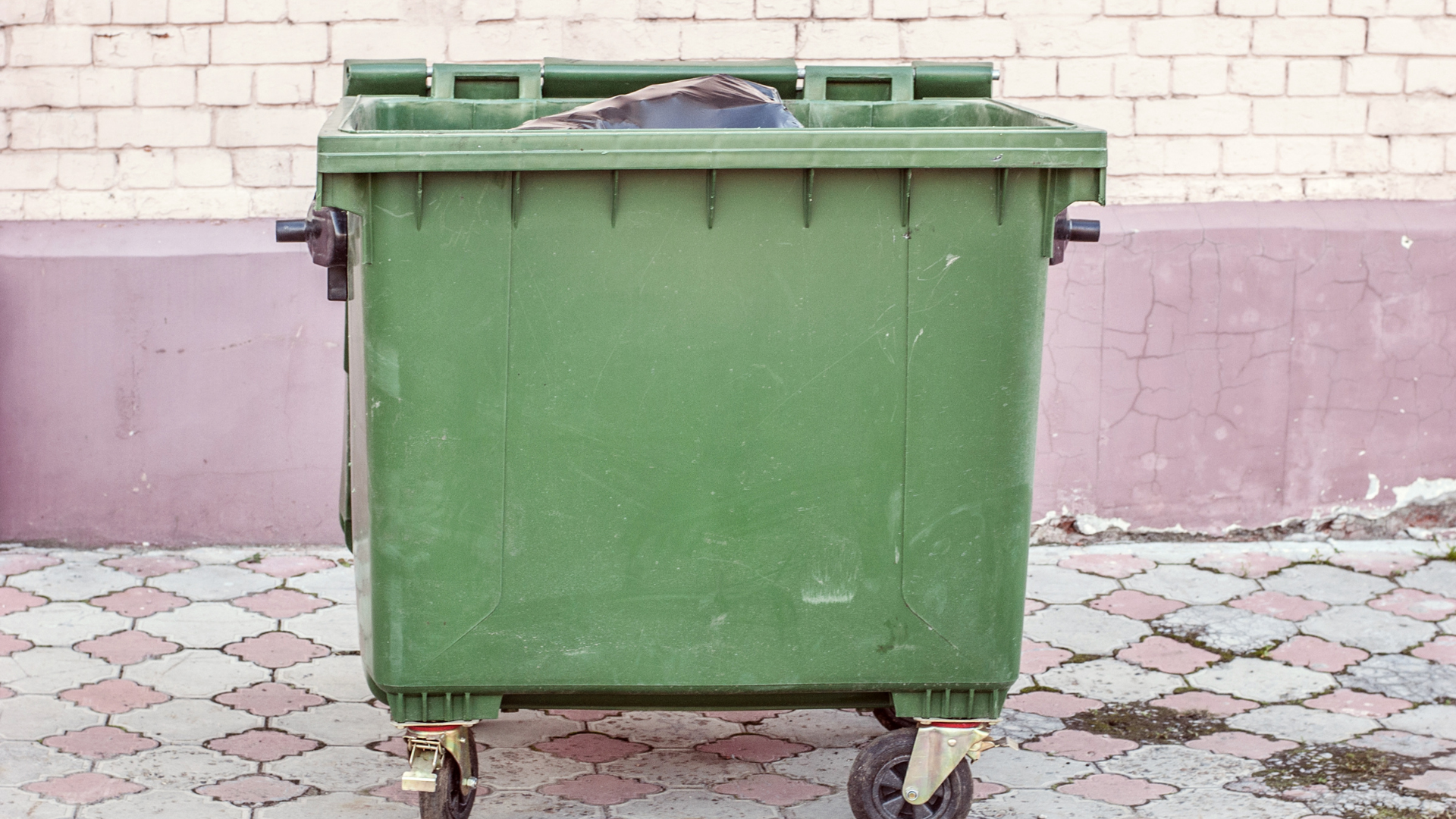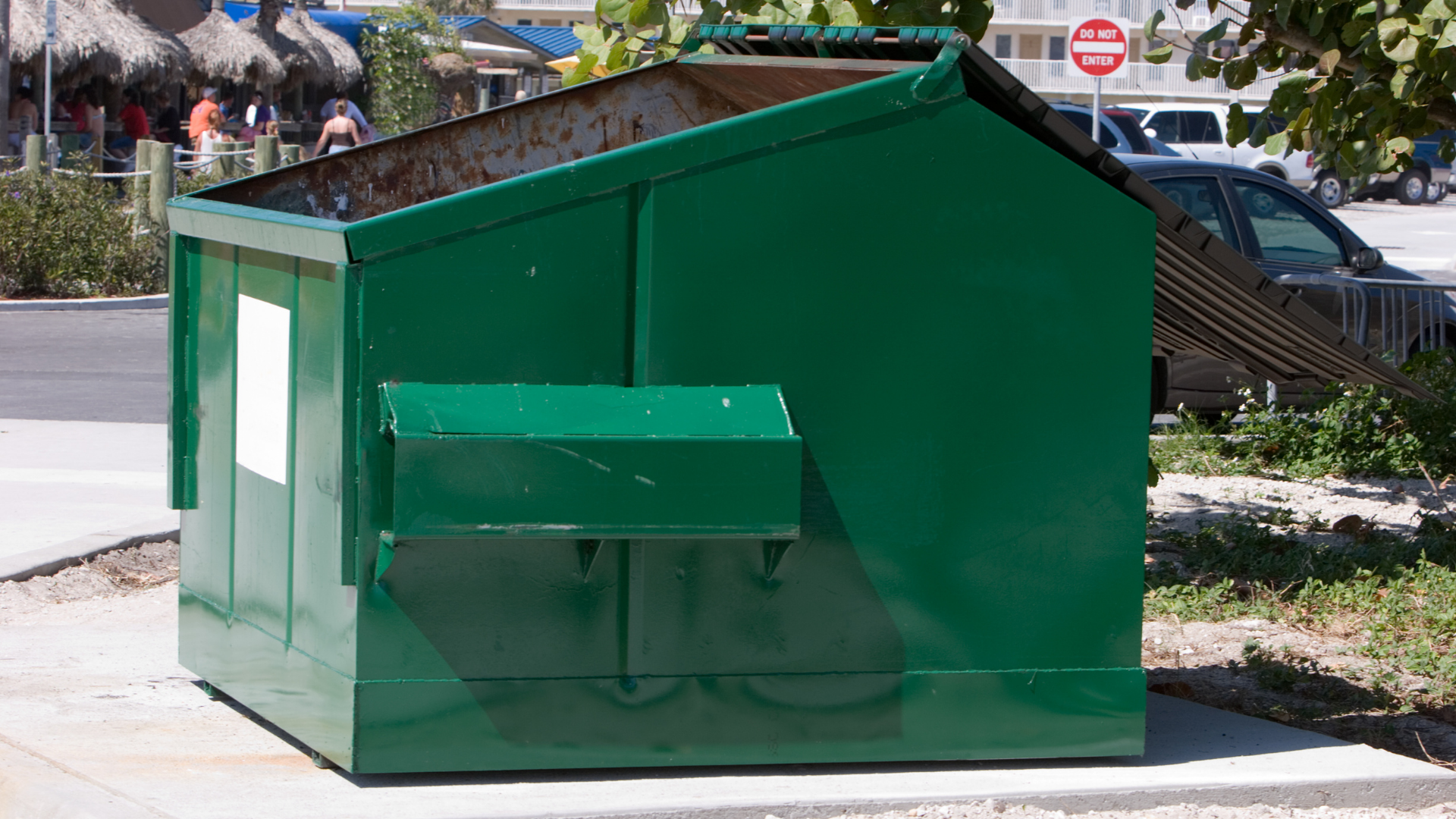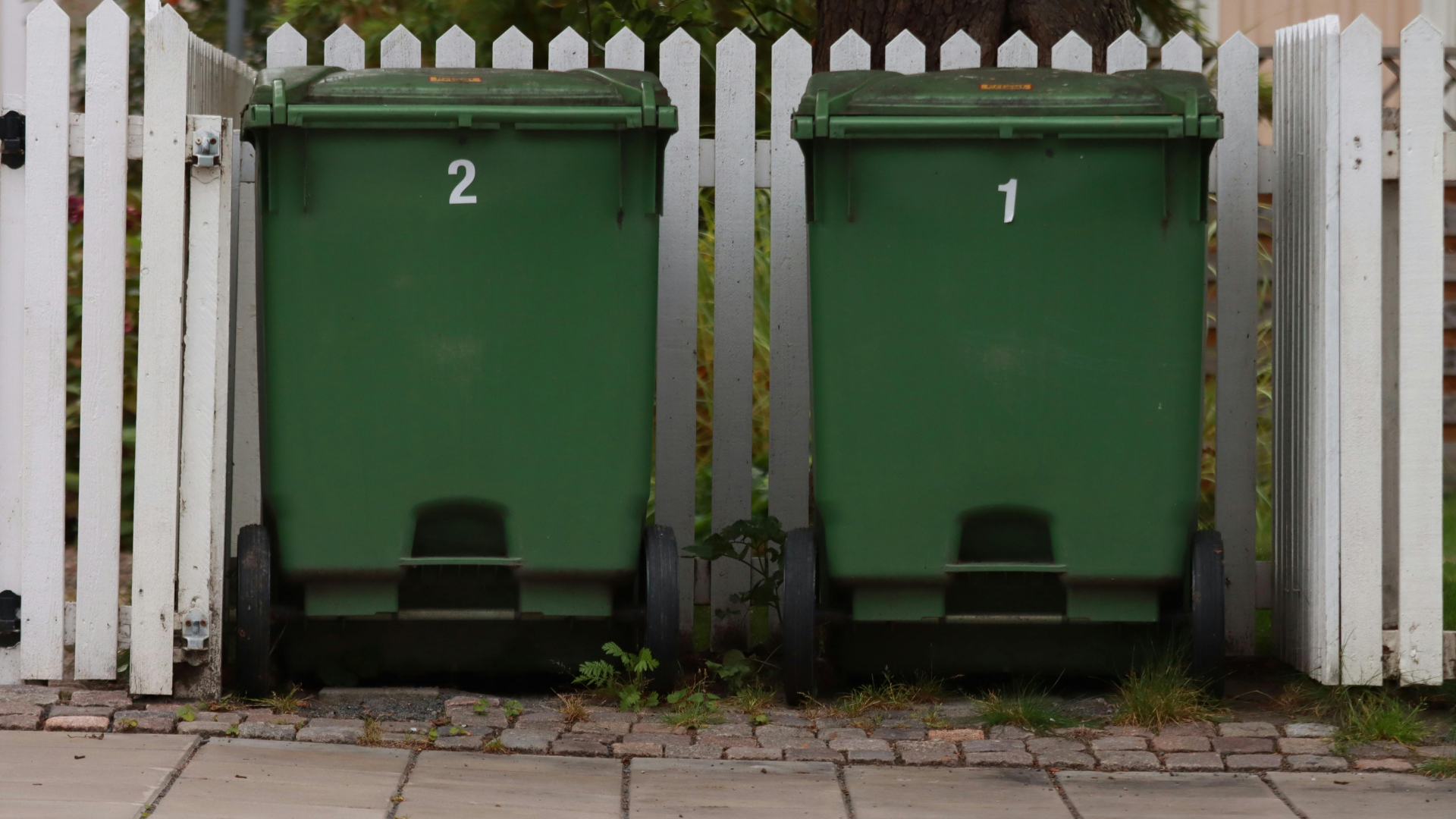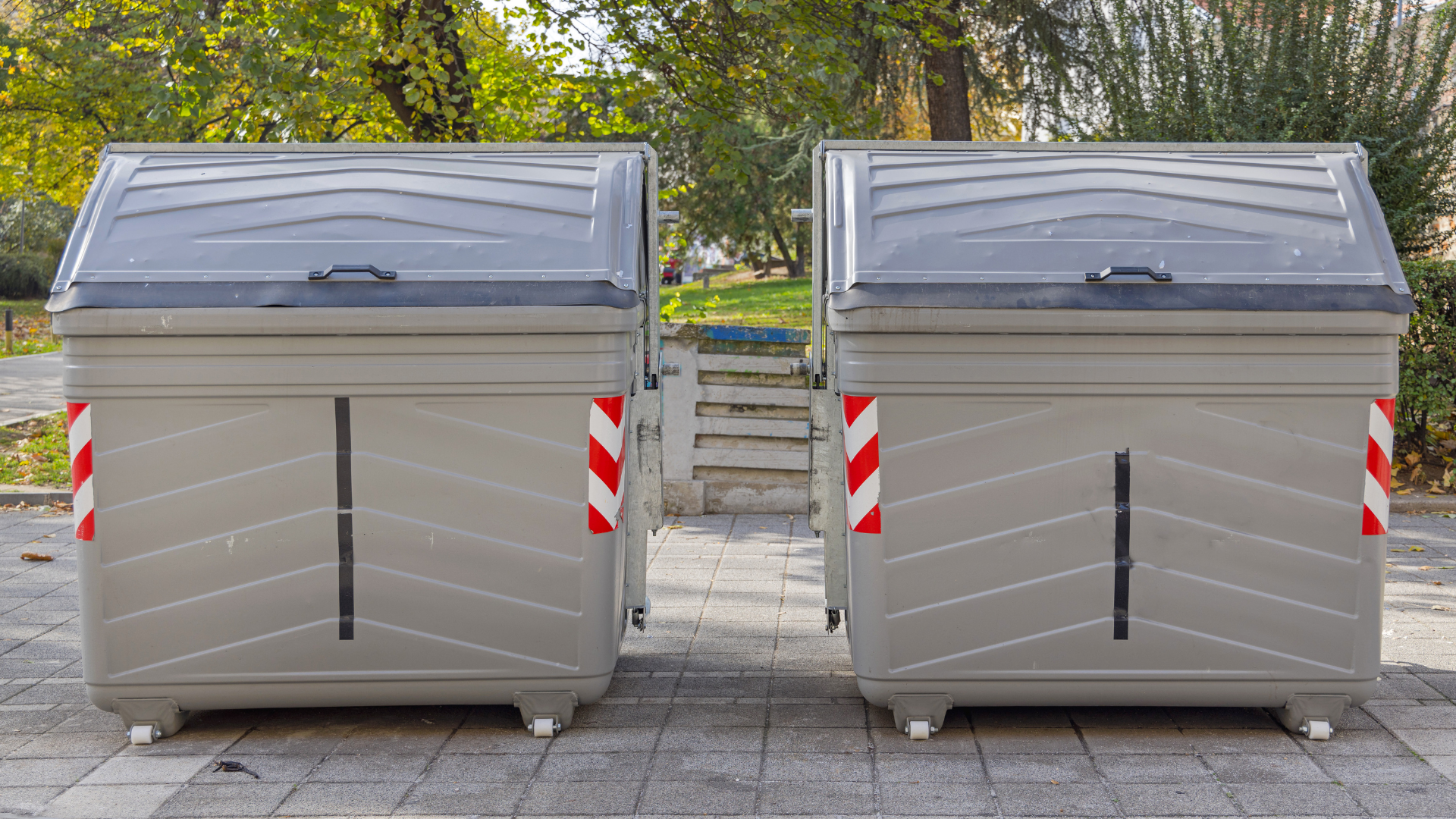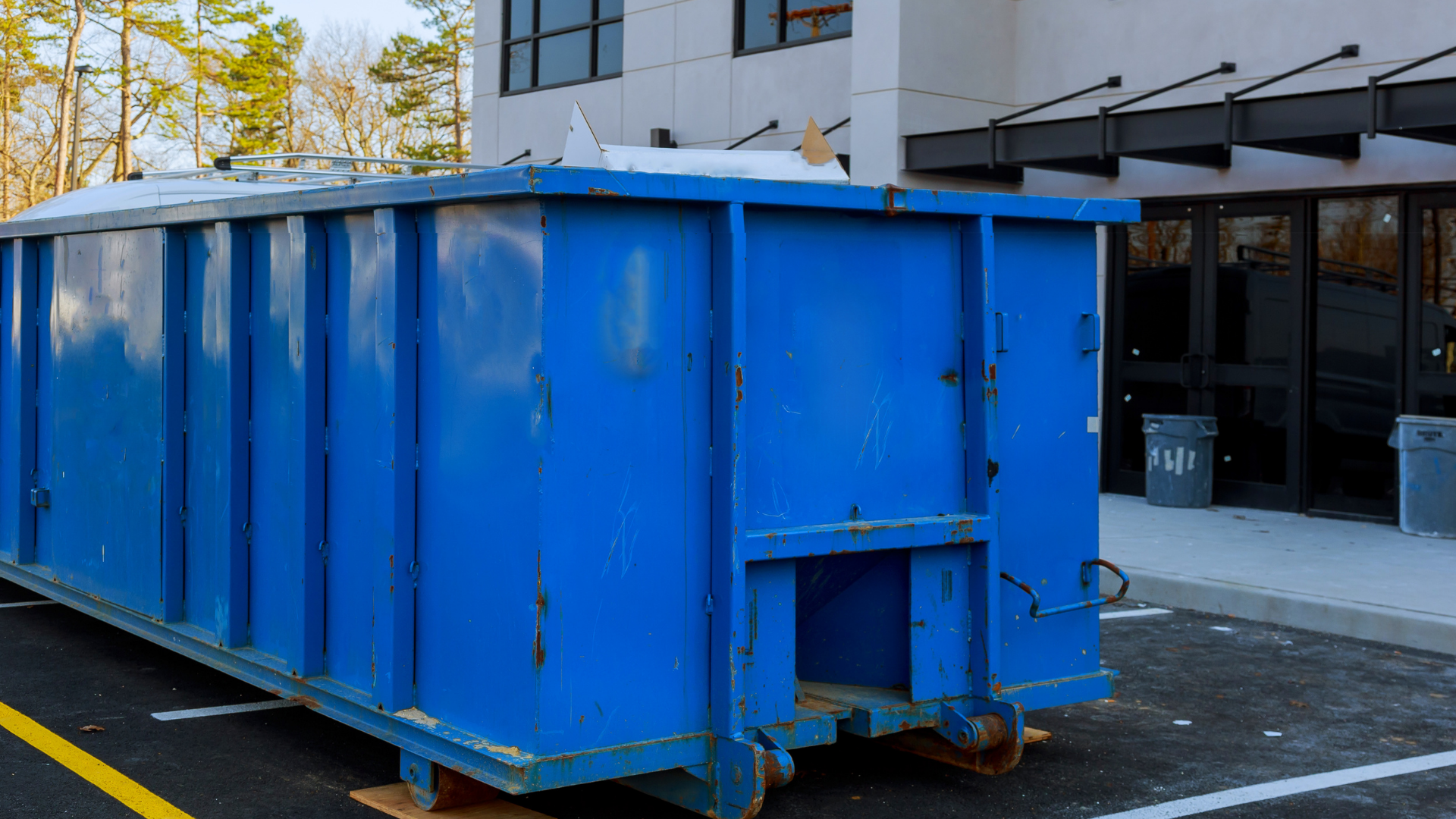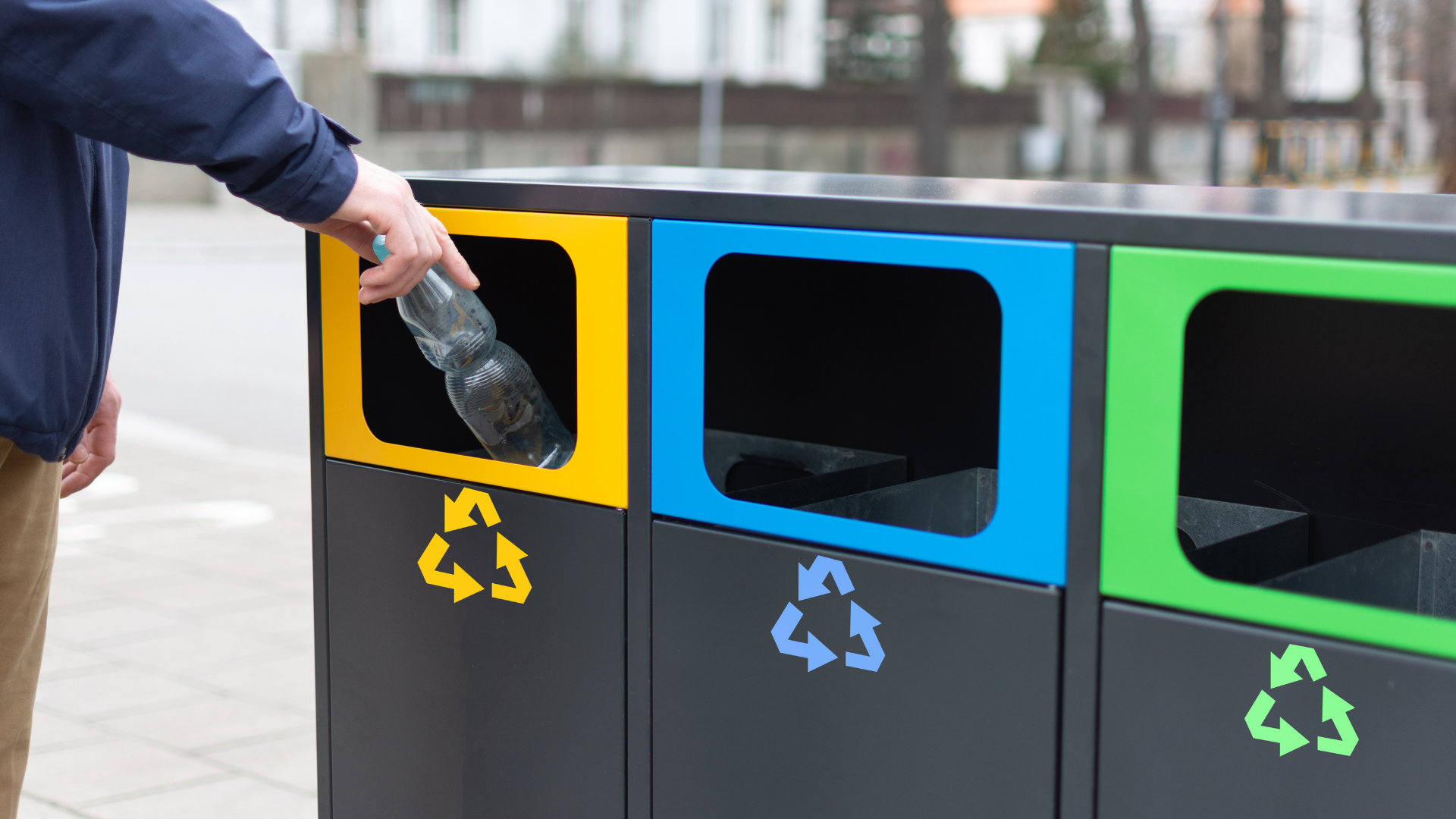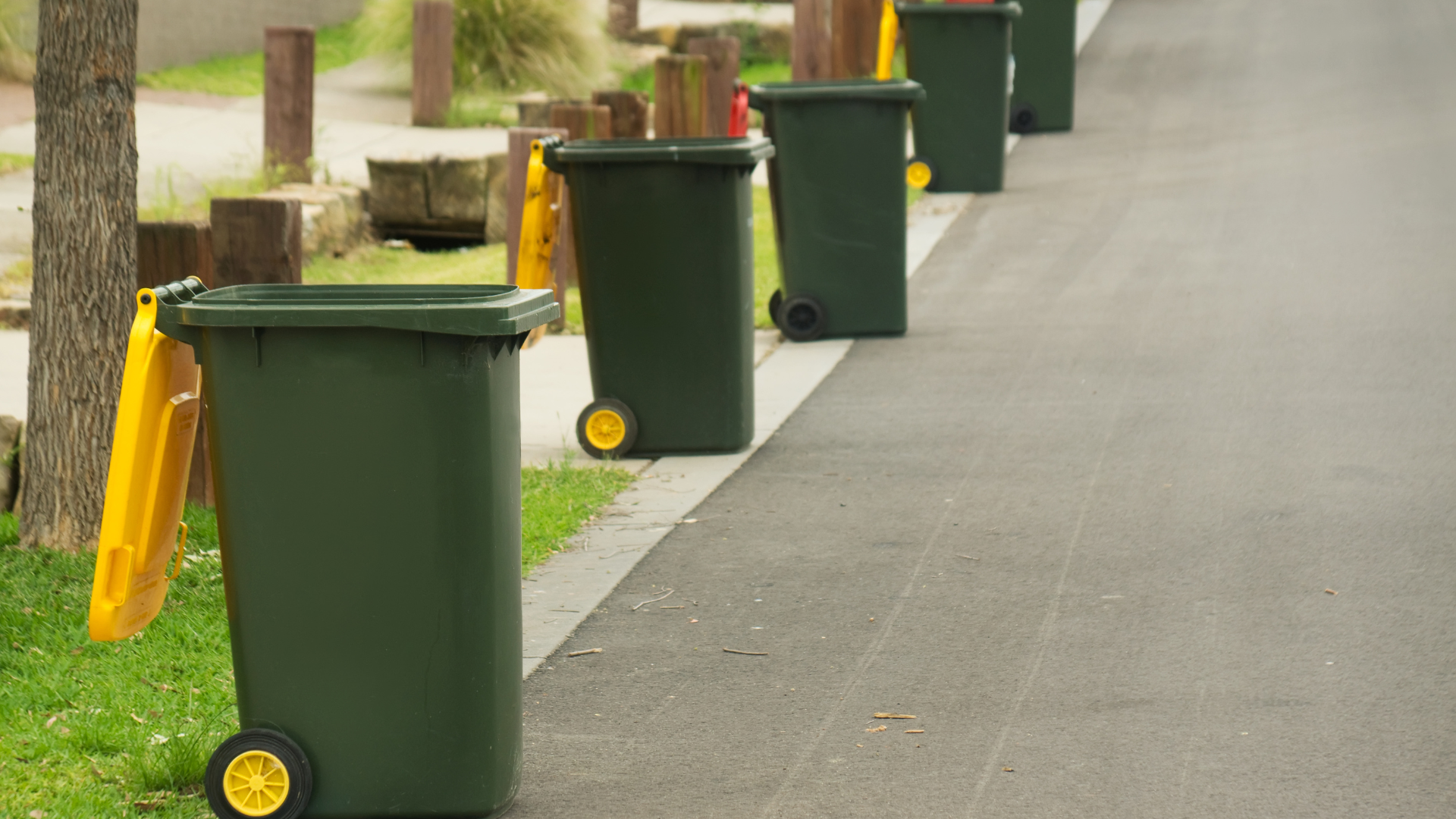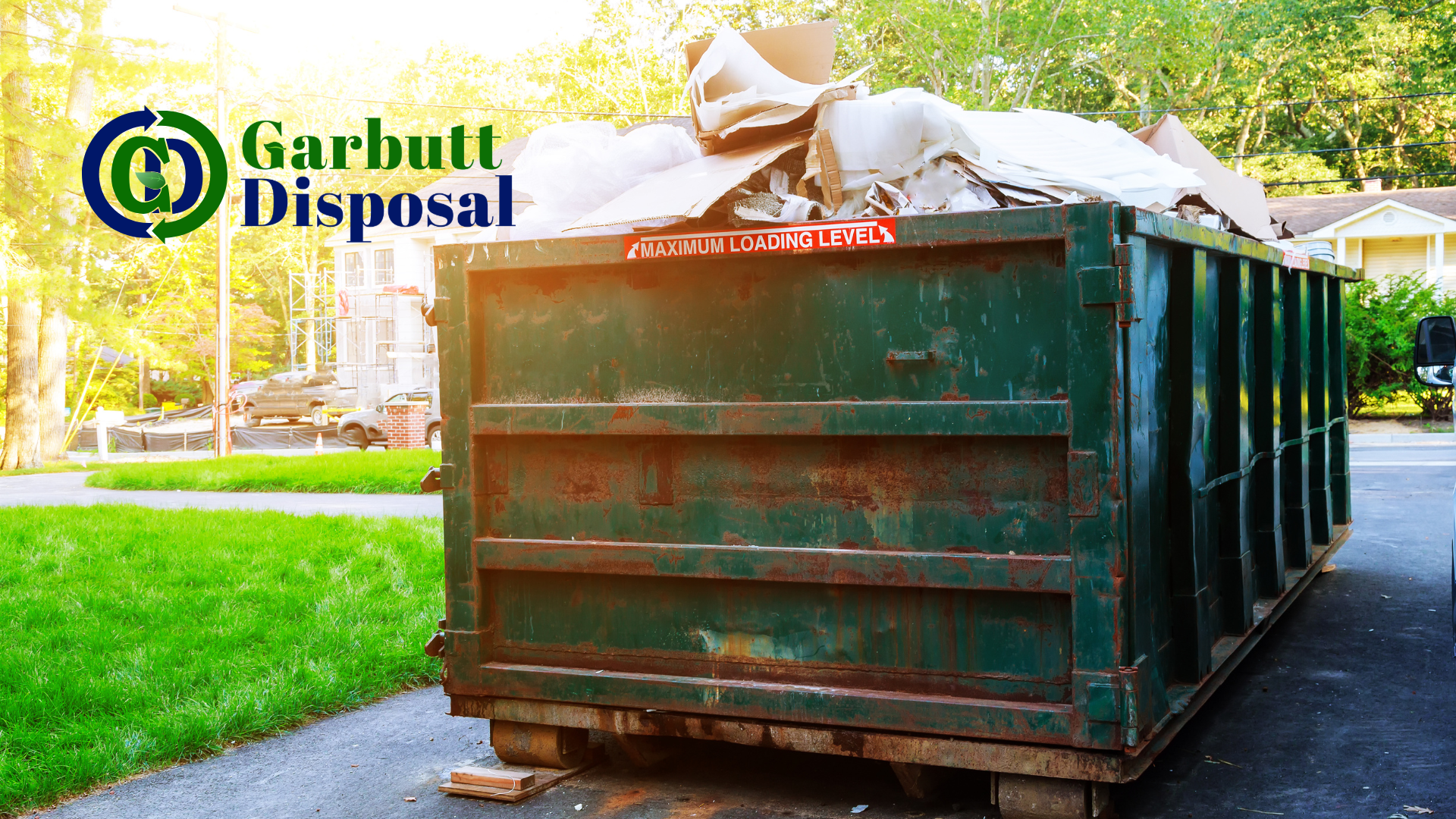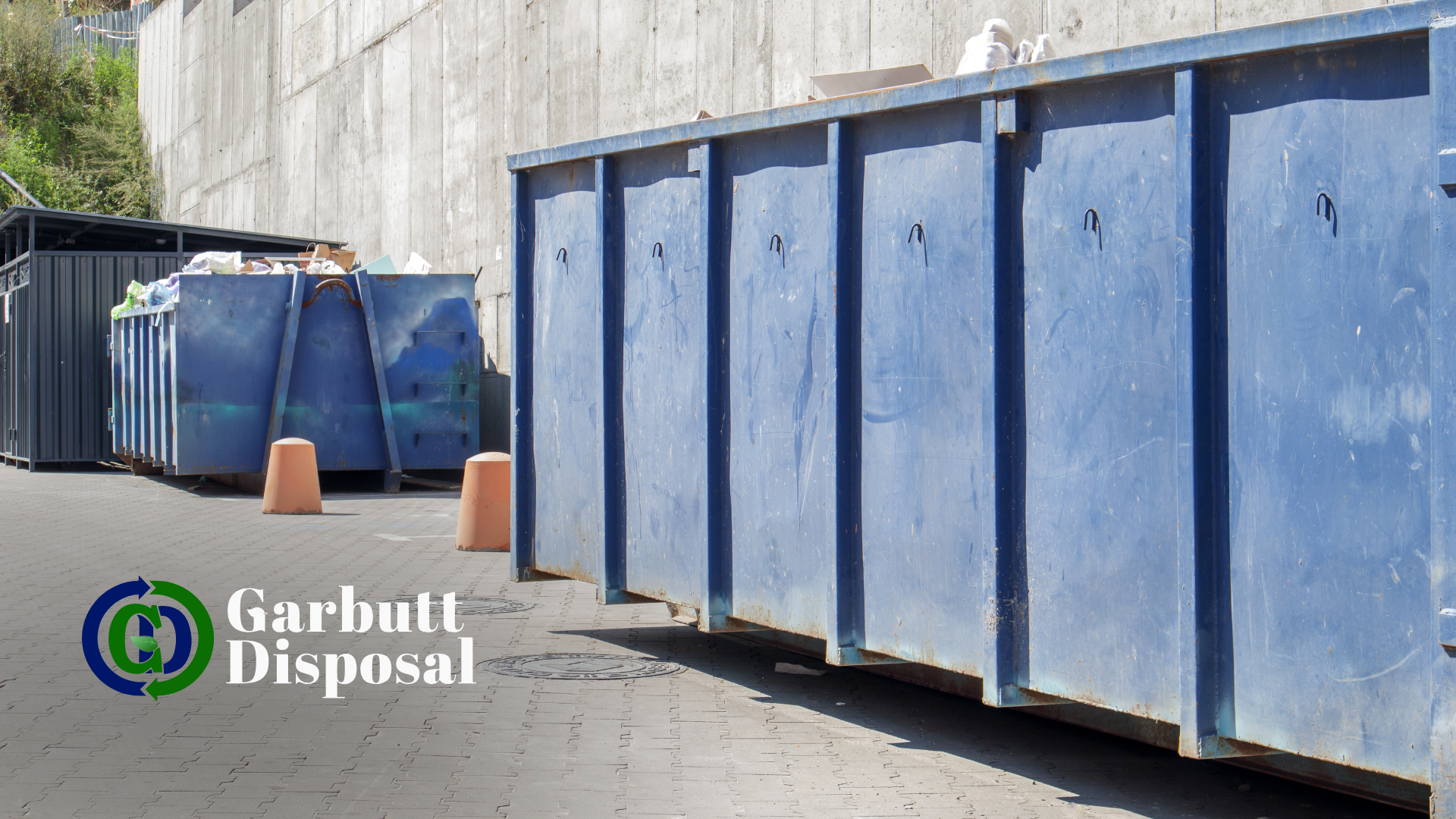Tips for Renting a Disposal Bin for Special Events and Projects
In today's fast-paced world, where projects and events are an integral part of our lives, efficient waste management often becomes a backdrop, though its significance cannot be understated. Disposal bins play a pivotal role in ensuring that waste, whether from a festive special event or debris from construction and demolition projects, is handled responsibly. Not only does it promote a clean environment, but it also ensures the safety of the participants and workers. Special events, with their massive footprints, generate substantial waste, from food to packaging. Similarly, construction and demolition projects contribute significantly to debris, including wood, metal, and even hazardous waste. For such scenarios, having a robust system for waste disposal becomes imperative. This is where the convenience and efficiency of renting disposal bins come into the picture, ensuring that waste management is the least of your worries.
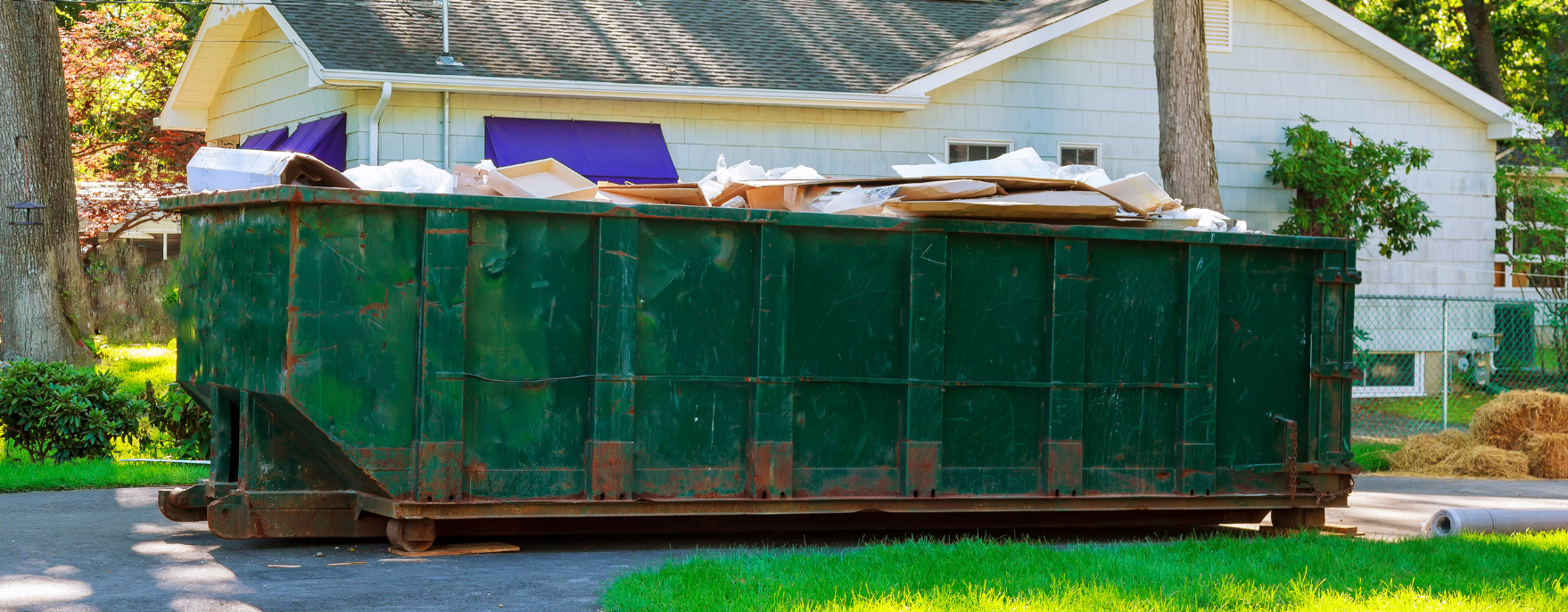
Why Renting a Disposal Bin is Crucial for Big Projects and Events
In a world increasingly conscious of its environmental footprint, responsible waste management at big projects and events has never been more critical. Renting a disposal bin offers a simple yet effective solution to this challenge.
- Environmental Benefits: Large projects, especially construction and demolition, produce significant amounts of waste. Without proper disposal, this can harm the environment, leading to soil contamination, water pollution, and more. Disposal bins ensure waste is collected systematically and sent to appropriate recycling or disposal facilities, reducing the environmental impact.
- Logistical Advantages: For event organizers or project managers, logistics can be a nightmare. Having designated disposal bins at strategic locations simplifies waste collection and disposal, preventing the accumulation of waste materials that can hinder operations.
- Safety First: Piled-up debris or waste can pose serious safety hazards. From tripping over scattered materials at a construction site to potential fire hazards at events from accumulated waste, the risks are many. By providing a centralized location for waste, disposal bins reduce these risks, ensuring the safety of workers at construction sites and attendees at events.
In conclusion, while the benefits of renting a disposal bin might seem intuitive, they play a significant role in ensuring environmental responsibility, logistical efficiency, and overall safety.
Factors to Consider Before Renting
- Evaluate waste volume accurately
- Avoid unnecessary costs and inefficiencies
- Recognize waste type for compliance
- Follow disposal company regulations
- Ensure easy access and traffic flow
- Facilitate efficient waste disposal
Steps to Rent a Disposal Bin
- Compare companies, sizes, waste types, pricing
- Consider additional services offered
- Confirm needed permits for bin placement
- Especially on public property
- Align rental duration with project/event
- Book in advance for peak seasons
- Clear area, ensure stability, facilitate access
- Consider heavy machinery needs
Tips for Efficient Use of Rental Bins
- Place larger items flat
- Break down bulky items for efficient use
- Distribute waste evenly
- Separate hazardous materials, electronics, tires, etc.
- Follow rental company guidelines
- Use gloves, avoid unsafe practices
- Ensure proper disposal for sharp/dangerous items
- Communicate bin location and guidelines to all involved
- Assign team for waste management (events)
- Coordinate with site managers (projects)
Factors to Consider Before Renting
Embarking on a big project or hosting a special event? Efficient waste management is paramount, and the right disposal bin can make all the difference. However, before rushing into a rental, consider the following factors to ensure you get the best fit for your needs.
- Determining the Right Size: Just as projects and events vary in size, so do disposal bins. It's essential to evaluate the amount of waste your project or event will generate. For small events or home renovations, a smaller bin might suffice. However, larger projects, like a full home demolition, would require larger bins. Overestimating can lead to unnecessary costs, while underestimating could result in inefficient waste management.
- Identifying the Type of Waste: Not all waste is created equal. Construction sites might produce heavy debris such as concrete, bricks, and metals, while events might generate lighter waste like paper, plastic, and food scraps. Some disposal companies have restrictions on what can be disposed of in their bins, so it's crucial to identify the type of waste beforehand to ensure compliance.
- Location and Placement Considerations: The bin’s placement is pivotal for efficient waste disposal and safety. Ensure the location allows for easy access, both for waste disposal and collection by the rental company. Additionally, consider potential obstructions and the bin's impact on traffic flow, especially for events.
By giving thought to these factors, you can ensure efficient, smooth, and environmentally-friendly waste disposal for your project or event.
Steps to Rent a Disposal Bin
When it comes to renting a disposal bin for a project or special event, proper preparation and research ensure a smooth process. Here's a step-by-step guide to help you navigate this essential task:
- Researching Providers: Start by scouting for reputable bin rental providers in your region. Look for customer reviews, the range of bin sizes offered, and the types of waste they accept. Some providers specialize in certain types of waste, like construction debris, while others may cater to general waste from events. Also, compare pricing and any additional services they might offer, such as waste separation or recycling.
- Checking Permit Requirements: Depending on your city or town's regulations, you might need a permit to place a disposal bin, especially if it's on public property or a street. Before scheduling your bin, check with local authorities about necessary permits. Many rental companies can guide you on this, but it's always good to double-check.
- Scheduling Delivery and Pickup: Once you've chosen a provider and sorted out permits, schedule your bin's delivery. Ensure the rental duration aligns with your project's timeline or the event's duration. Most companies offer flexible schedules, but it's advisable to book in advance, especially during peak seasons. Also, arrange a pickup date, keeping a buffer in case your project or event runs longer than anticipated.
- Preparing the Site for Bin Placement: Before the bin arrives, prepare its designated spot. This means clearing the area of any obstructions, ensuring sturdy ground for the bin to sit on, and marking the spot if needed. If it's a construction or demolition site, ensure easy access for heavy machinery or trucks.
By following these steps, you’ll ensure that your disposal bin rental process is efficient and tailored to your specific requirements, whether for a special event or a major construction or demolition project.
Tips for Efficient Use of Rental Bins
Renting a disposal bin is only half the battle. Ensuring you utilize it efficiently can save you time, money, and potential hassles. Here are some pointers to make the most of your rented bin:
- Maximizing Space: Begin by discarding larger items, ensuring they lay flat at the bottom. Break down or dismantle bulky items if possible. As you fill the bin, ensure that waste is evenly distributed and settled. This way, you can fit in more waste and avoid overfilling, which could incur extra charges.
- Prohibited Items: Each rental company might have a list of items they won’t accept, often due to local regulations or the nature of the bin's purpose. Commonly prohibited items might include hazardous materials, electronics, batteries, tires, or certain chemicals. Always refer to your rental company's guidelines and segregate these items separately.
- Safety Precautions: Always ensure safety when discarding waste. This means wearing gloves, avoiding throwing items from a height, and ensuring that sharp or dangerous objects are securely placed to prevent accidents. If the bin is on a public path, use cones or signs to signal its presence.
- Coordinating with Event or Project Teams: Communication is key. Make sure everyone involved in your project or event is aware of the bin’s location and usage guidelines. For events, assign a team to manage waste disposal, ensuring the bin isn't misused. For construction or demolition projects, liaise with site managers to strategize waste disposal times, ensuring it doesn't hinder the project's progress.
By adhering to these tips, you’ll not only ensure an efficient waste disposal process but also ensure the safety and smooth operation of your event or project. Proper coordination and awareness can elevate the experience and reduce potential stress points.
10 Frequently Asked Questions on Renting a Disposal Bin
By addressing these FAQs, potential renters can make informed decisions and ensure that their event or project's waste management is efficient and hassle-free.
Mistakes to Avoid When Renting a Disposal Bin
Renting a
disposal bin
might seem straightforward, but there are common pitfalls to watch out for to ensure a smooth and efficient waste management process:
- Overloading Bins: It's tempting to cram as much as you can into the bin to maximize its use. However, overloading can lead to safety hazards and additional fees. Always respect the fill line or weight limits provided by the rental company.
- Mixing Prohibited Items: Not every waste type belongs in a rental bin. Hazardous materials, certain electronics, and flammable items are typically off-limits. Mixing these prohibited items with regular waste can lead to potential harm to the environment and hefty fines.
- Not Coordinating with Local Authorities: Placing a large bin, especially in public areas or streets, often requires permits. Forgetting to secure the necessary permissions can result in penalties or forced removal of the bin.
- Choosing the Wrong Size: Renting a bin that's too small can result in overfilling or the need for additional bins, while renting one that's too large might mean wasted space and money.
- Poor Placement: Setting the bin in an inaccessible location or where it impedes traffic can cause logistical nightmares. Plan the placement carefully, considering the convenience and potential disruptions.
By being aware of these pitfalls, renters can ensure a hassle-free experience while also being responsible and efficient in their waste disposal practices.
Conclusion
Efficient waste management isn't just a logistical necessity; it's a reflection of our responsibility towards the environment and the communities we operate in. Whether orchestrating a special event or overseeing a construction project, proper disposal practices are paramount. Renting a disposal bin offers a tailored solution, accommodating specific waste needs while ensuring safety and convenience. In wrapping up, it's clear that by understanding the ins and outs of bin rental – from choosing the right size to recognizing potential pitfalls – we can make informed choices that benefit not only our projects but also our planet. Remember, a little planning goes a long way in waste management success.

